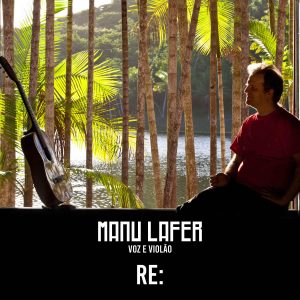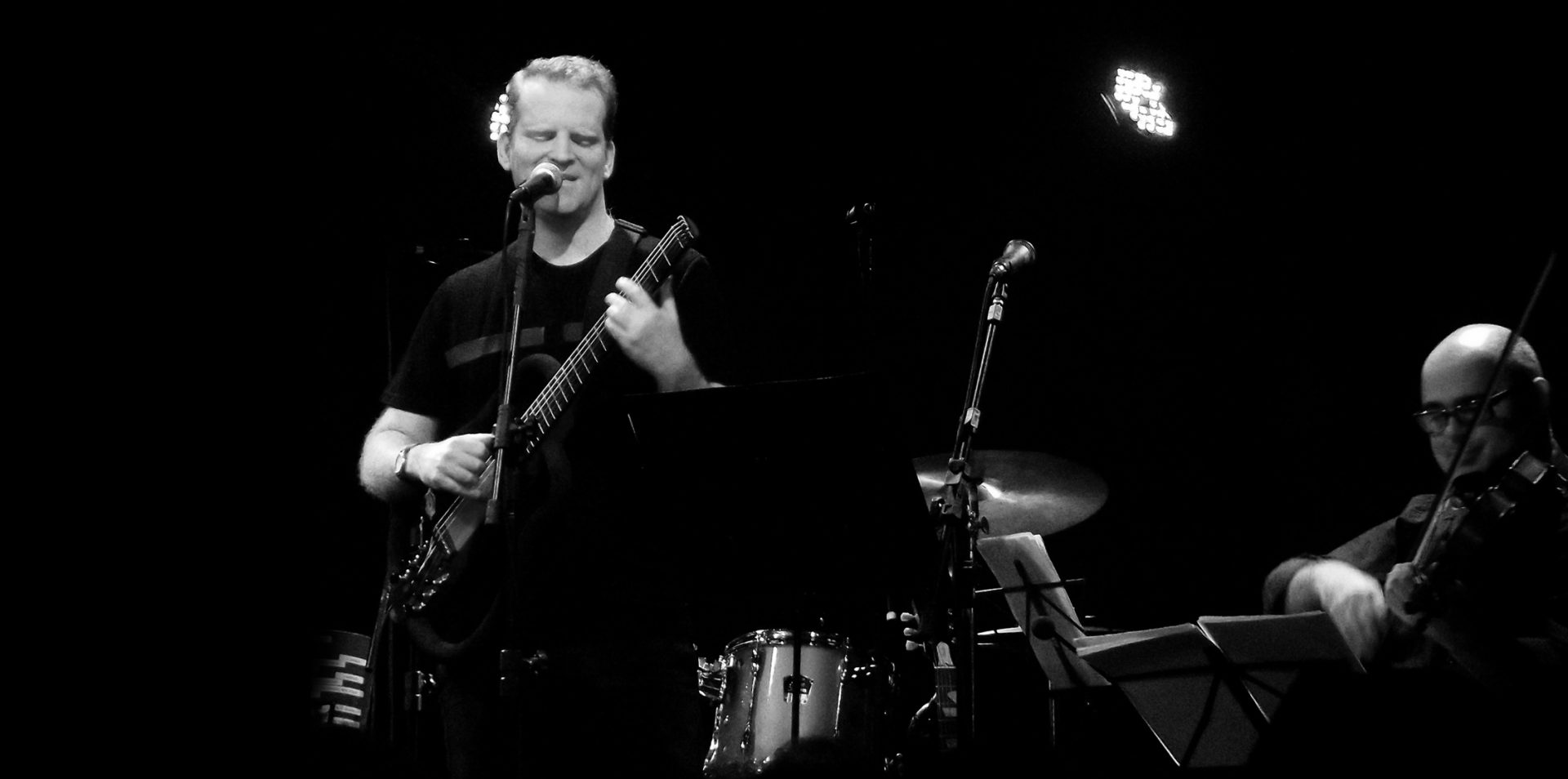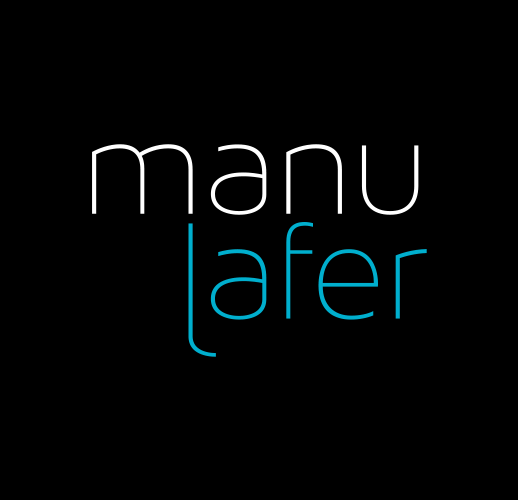
Composer and physician Manu Lafer releases Re: part of his songbook project, which will include all his released authoral songs. This literary-musical project, entitled Thesaurus, encompasses a career spanning more than 2 decades and 20 CDs. Includes the scores from his songs, as originally composed, for guitar and vocals. Re: pays homage to the trilogy that raised the bar for the instrument in Brazilian popular song in the 1970s, made by one of the greatest and most influential Brazilian artist of all time, the singer, interpreter and songwriter Gilberto Gil. Gil’s trilogy – Refazenda, Refavela and Realce – has inspired Manu throughout his life, from his early musical days, and this is his reply, or “Re:” This expression was found in the subject field of email, which in the past became an innovative technology, but only after Manu was more rooted in memorization, listening and utilizing pen and paper, just like the old school guys and idols. The artist has always had his own style of singing while playing the acoustic guitar, and of composing. This is a school that lacks in Manu’s generation, other adepts of the same creativity, determination and effort to emulate and study the leading forces of the artist’s production: João Gilberto, Gilberto Gil, Caetano Veloso, Chico Buarque, Jorge Ben Jor, Paulinho Da Viola and his teacher, Luiz Tatit. Manu’s partners (although he usually writes music and lyrics) are represented by Danilo Caymmi, in Conversa de Japí, Murundum and Poesia E Prosa. Manu has composed and/or worked with Brazilian and international exponents of the acoustic and also electric guitar: Dori Caymmi, Toninho Horta, Luiz Brasil, Swami Junior, John Pizzarelli, Jack Wilkins, Bucky Pizzarelli and Howard Alden. New is an excerpt of a poem by José Albano, mostly forgotten since his death at the beginning of the 20th century, originally named Ode A Língua Portuguesa, but here renamed as Afeto Santo, as well as the previously unreleased samba Algodão, in the style of João Gilberto and Chico Buarque. Another tribute is found in the version of Poesia E Prosa, which Manu and Danilo Caymmi wrote with Antonio Cândido de Mello E Souza, honoring the state of Minas Gerais, as well as the literary critic, who was also Manu’s godfather. Each song (and each recording) has a different rhythm, with several variants of the baião and samba with ternary beats (including the “opposite waltz”, with its strong and paradigm-defying tempo, Sem Querer).







